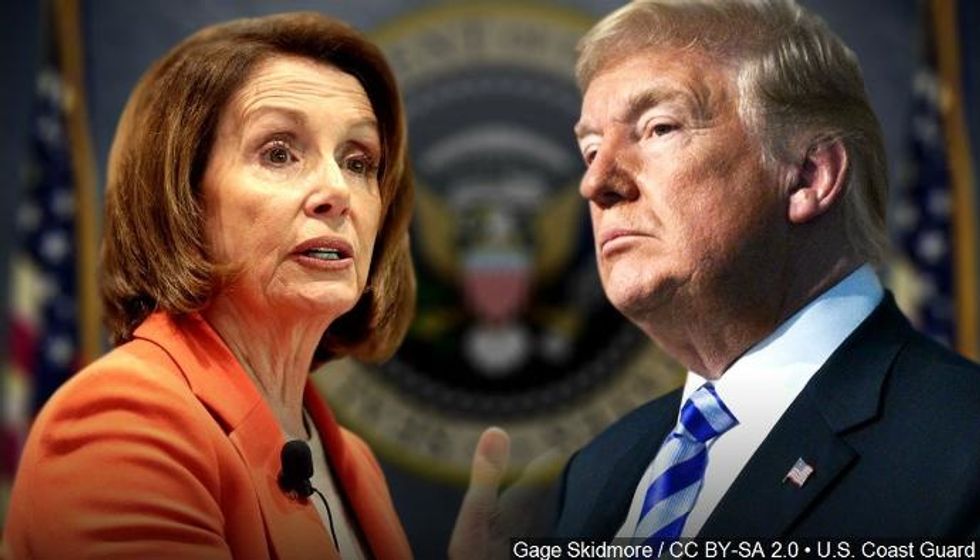When the COVID-19 pandemic first rocked our world beginning in late February, there was a mad rush in Congress and among states to quickly quell the catastrophic effects that the virus would eventually bring to the citizens of the United States. First were the stay-at-home orders, then the stimulus packages to attempt to keep the economy afloat, all of which have done little to stop the spread of the coronavirus in the long-term. One unique thing about these acts, however, was their bipartisan nature, meaning that both Democrats and Republicans agreed quickly on passing stimulus packages for Americans in need, as well as advocated for people to stay at home in order to slow the spread of the virus and "flatten the curve."
Lawmakers have actually passed four stimulus packages in rapid succession beginning in early March, showing a wide consensus that the coronavirus posed a substantial threat to the population at large. This was a great concern for the first two months that the stay-at-home orders were in effect, yet much of the Republican administration now acts as if the virus is behind us, pressuring states to reopen their economies prematurely. The agreement between lawmakers of opposing parties is diverging yet again, and regressing back to the extreme partisanship so prevalent for much of President Trump's administration. If we cannot reach agreements on how to control the spread of this virus until a vaccine or cure is procured, we may spend needless months with death rates steadily rising because many lawmakers choose to focus more on rebuilding the economy than saving lives.
In spite of the Center for Disease Control's (CDC) guidelines for reopening the economy showcasing how far we still have to go to make normal life safe again, many lawmakers have repeatedly disregarded the warnings that reopening may endanger public health. While it cannot be denied that our economy must reopen in order to bring it back from the brink of collapse, certain measures must be taken to ensure safety. Again, the CDC's original guidelines outlined exactly what steps would need to be taken to ensure that safety, yet this draft of the guidelines was sent back to the CDC by the Trump administration, with the request that more general guidelines be given to ensure that areas with less cases could resume with their lives more promptly.
One pertinent thing to note in these guidelines was the suggested 14-day decline in cases before a state could reopen, a requirement that no state has currently met. President Trump has repeatedly pushed for states to reopen or to create plans to reopen in the past weeks, most notably pressuring the Virginia governor Ralph Northam to shorten the stay-at-home order originally set to expire on June 10. Virginia, much like any other state, has not met the CDC's guidelines but is still reopening earlier than planned. This reckless abuse of power on the part of the President has started to undo all of the economic prosperity that he helped to establish during his term, and by the end of August he could be looking at a death toll of greater than 140,000 people.
While Republicans and Democrats have always been at odds with one another, we as a people need them to unite to help bring our country out of this viral catastrophe. The power that they hold together was displayed abundantly at the beginning of this pandemic, but as we have progressed the politics of the matter has prevailed over public health. This virus does not care about politics, and it will be sure to ravage the population should we give it the opportunity to run rampant. It is certainly important to reopen the economy and attempt to return to a sense of normalcy, but the coronavirus has shown us that life will not return to normal for a long time. Politicians—all of them—need to stop worrying about their reelection and start worrying more about their constituents, or else they may not have anyone to vote for them when the time comes.
















